How much life does the current cycle have? Hospitality leaders cite the uncertainty of 2016 falling away, setting the table for them to plan their next moves. If you ask brokers and asset managers, they will give you a short list of things they can't change and a longer list of things hotels should be doing right now. The costs to run a business are high, and getting higher, but there are ways for hotels to thrive next year if they are making the right moves.
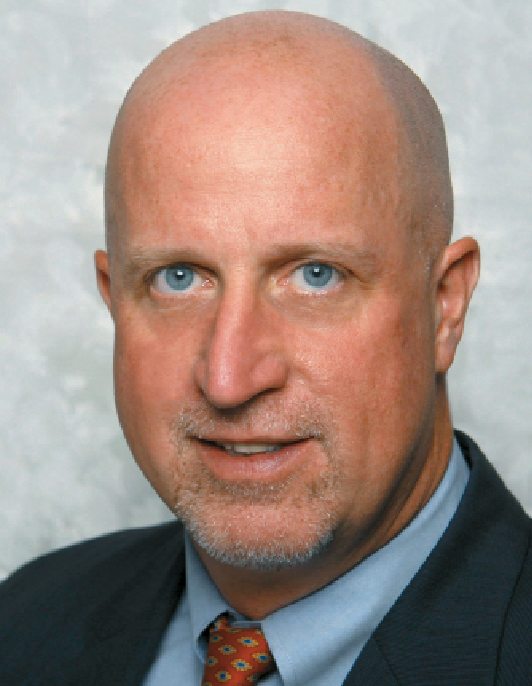
Chad Crandall, managing director & CEO of CHMWarnick
HOTEL MANAGEMENT: Who will be the biggest buyers in 2017—REITs, private equity, other—why and what segments will be their biggest focus?
Chad Crandall: I expect a continued strong influx of foreign capital into the U.S. hotel market. International investors have a longer-term investment strategy and are motivated by specific markets, opportunities and asset quality, putting them outside of the general influence of Wall Street. There is still a sizable gap between buyer and seller price expectations, but we could see transaction activity increase as the gap in RevPAR growth and inflation continues to tighten, and shorter-term investors look to sell.
HM: What do you think will be the big trend or story as it relates to hotel real estate in 2017?
CC: As asset managers, the big story is always hotel value, and how to enhance/preserve it in light of decelerating revenue growth and rising expenses. I hope we see more stories about the actual owners of the real estate and how brands, operators and intermediaries recognize that their success is predicated on an actual investment requiring sustainable returns. We need more innovation aimed at navigating the new norm and achieving owner investment objectives.
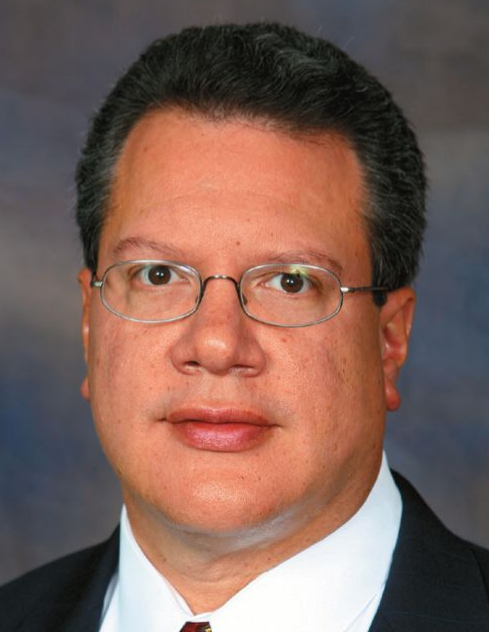
Mike Cahill, CEO and founder of HREC
HM: What steps are hoteliers taking now to drive revenue and maximize asset ROI, and is it on the top line or bottom line?
Mike Cahill: Astute hotel owners realize that TTM—trailing 12 months cash flow—is king, and are aggressively looking for ways to tighten expenses as they face lower revenue growth. Asset managers of institutional-quality properties are also experimenting with new revenue growth opportunities. As most hotels are sold every three to five years, owners are doing their best to grow asset value in the face of increasing cap rates.
HM: In discussions with owners, what are their biggest concerns for 2017?
MC: From a real property transaction perspective, owners are concerned about the correct action steps to take if they are facing an equity hold timeline or refinancing decision. Owners realize they can’t control outside factors, namely the cap-rate portion of the valuation equation. However, they are 100 percent in control of their cash flow. So, Increasing or maintaining cash flow is concern No. 1.
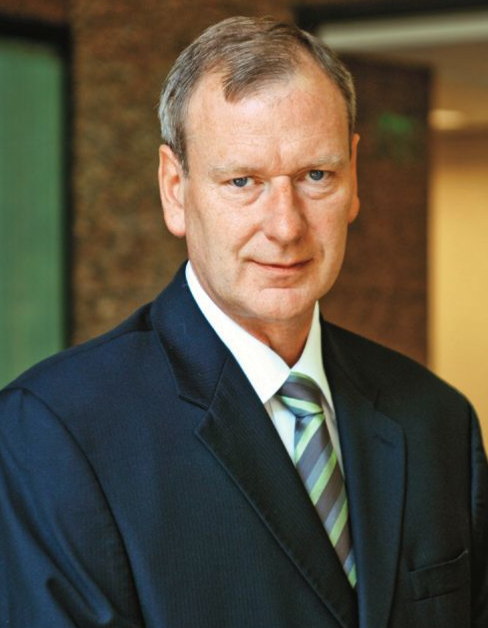
Nick Kellock, COO of Concord Hospitality Enterprises
HM: In discussions with other owners, what are their biggest concerns for 2017?
Nick Kellock: The same as mine—revenue growth and flow through! Owners are naturally concerned that the revenue outlook has softened while there are continued pressures on costs. This is the case across much of the industry but in particular it applies in markets where [revenue-per-available-room] declines are being recorded.
HM: What steps are hoteliers taking now to drive revenue and maximize asset ROI, and is it on the top line or bottom line?
NK: It has to be top line. When it comes to costs, we are already wound very tightly. We will see some savings in core programs such as workers’ compensation, procurement and property insurance, but these will likely be offset by increasing brand-related costs. The primary areas of revenue focus continue to be right pricing, optimizing the channel and segment mixes and winning business from others in our own back yards.
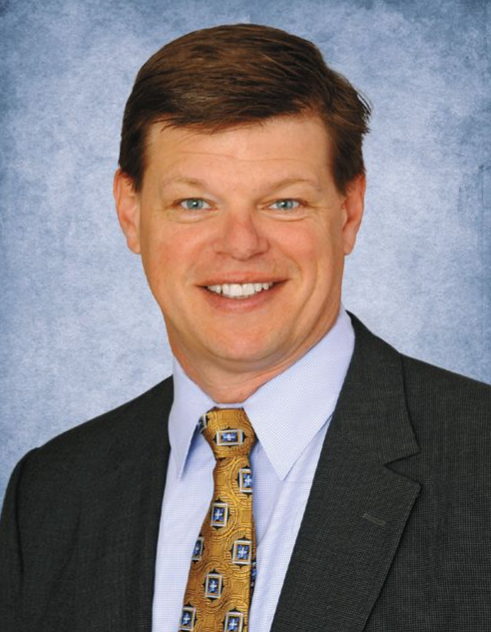
Peter L. Nichols, VP/national director of Marcus & Millichap
HM: The hospitality industry has reached the proverbial peak. How do you think this will play out in 2017?
Peter Nichols: While the industry has reached a new peak, the cycle still has legs given that total construction levels are down 29 percent from the previous cycle’s peak. Evidence of a peaking hospitality segment will most likely be found in major metros where early, robust development focused in the aftermath of the recession, and within the luxury segment. There are still ample growth opportunities in secondary and tertiary markets and in all other tiers.
HM: What do you see as your biggest obstacle in 2017 and what steps are you taking now to overcome it?
PN: The biggest obstacle in 2017 is uncertainty in the marketplace, mostly over the economic outlook under President-elect Donald Trump’s administration. This has the potential to cause a slight dip. That said, the strong metrics of the hospitality sector suggest the momentum is behind the wave and so even if the market temporarily reacts to politically inspired economic uncertainty, the hospitality segment should experience three or four years more of positive performance.
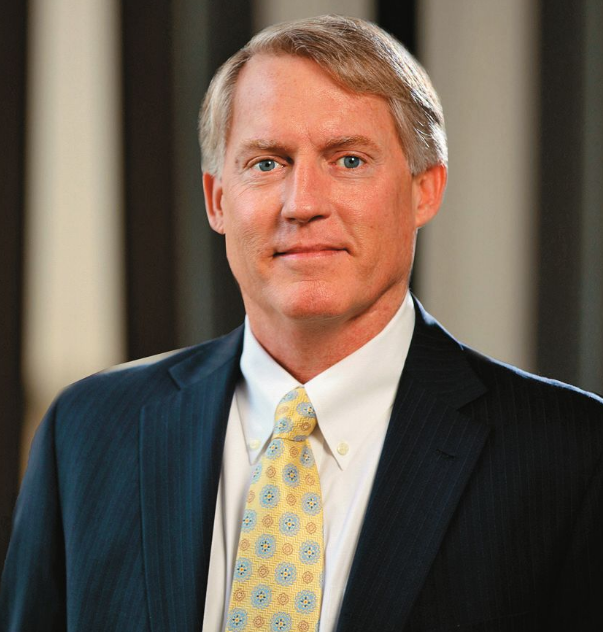
Ed James, managing principal at Mumford Company
HM: As 2016 winds down, what was the biggest story of the year as related to hotel real estate?
Ed James: There was no shortage of important stories that related to hotel real estate in 2016. From the U.S. presidential election, to geopolitical turmoil in Europe and the Middle East and the on-again off-again Marriott [International] and Starwood [Hotels & Resorts Worldwide] merger, there was plenty to talk about during the year. The biggest story, however, may have been the continued strength of the U.S. hotel industry in the face of all this uncertainty.
HM: What is your best advice for hotel owners and management companies working together to best maximize an asset's ROI?
EJ: Embrace your franchise! In order to maximize an asset's [return on investment], management companies and hotel owners should spend sufficient time and resources to get the property in like-new condition. They should take advantage of any and all opportunities for advertising and sales assistance from the franchise that are available. Additional focus should be concentrated on increasing market share, both on the local and national level, using franchise resources.
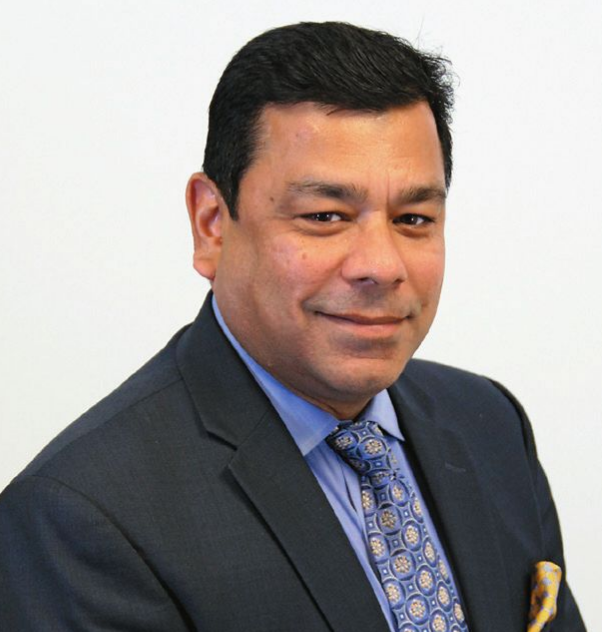
Sanjay Mundra, CEO of SVN Hotels
HM: What do you think will be the big trend or story as it relates to hotel real estate in 2017?
Sanjay Mundra: Consolidation will continue as hotel companies strive to be relevant and competitive in the overall hotel sector. Property valuations will level out as demand and supply are expected to level out after a seven-year run in favor of demand. Money could become more difficult to obtain, resulting in limited refinancing options for owners. As a result, a surplus of properties in the market for sale could result in level or lower valuations as well.
HM: Who will be the biggest buyers in 2017—REITs, private equity, other—why and what segments will be their biggest focus?
SM: The largest buyers in 2017 will surface through the ongoing consolidation we are seeing in the industry. Foreign investment will continue to funnel funds into the hotel sector as well. While much attention has recently been directed toward the Chinese interest in the hospitality sector, traditionally strong foreign investors, such as Britain, Japan, Germany and Canada, wanting to diversify outside of their own economies, will continue to invest.
